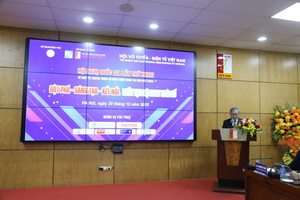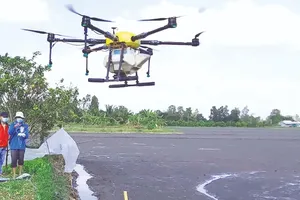
According to statistics from the Government Cipher Committee, in the first quarter of 2024, the number of cyberattacks targeting critical information technology infrastructure increased by more than 18.7 percent year-on-year, and over 32,000 cyberattack threats were recorded.
The Cybersecurity and High-Tech Crime Prevention Department under the Ministry of Public Security detected over 20 million alerts for cyberattack activities in the second quarter, marking a 33 percent increase compared to the same period in 2023.
Truong Thanh Tung, Deputy Director of the committee’s Information Technology and Cybersecurity Monitoring Center, said that hackers mainly use three methods for cyberattacks: taking advantage of loopholes and publicly available application services on the Internet; spreading malware within network systems; and carrying out targeted attacks and advanced persistent threats (APTs) through emails.
It is noteworthy that the use of targeted attacks and APTs is on the rise, Tung stressed.
Tran Nguyen Chung from the Authority of Information Security (AIS) under the Ministry of Information and Communications forecast that ransomware will remain a major trend in attacks against agencies and organisations in the coming time, with targets being large enterprises, and focus on sectors such as finance, banking, telecommunications, and electricity.
In the era of technology boom, becoming targets of cyberattacks is inevitable. Therefore, the key to reducing the consequences when cyberattacks occur is the readiness of units, organisations, and businesses in preparing defence methods and experiences and handling skills of their engineers to ensure network security, experts said.
Pham Thai Son, Deputy Director of the AIS’s National Cyber Security Monitoring Center, said that in the coming time, the AIS will exert efforts to review and assess security vulnerabilities not only in state agencies but also in businesses and groups. Additionally, it will require companies and groups to implement measures to protect their information systems in accordance with legal regulations.
























